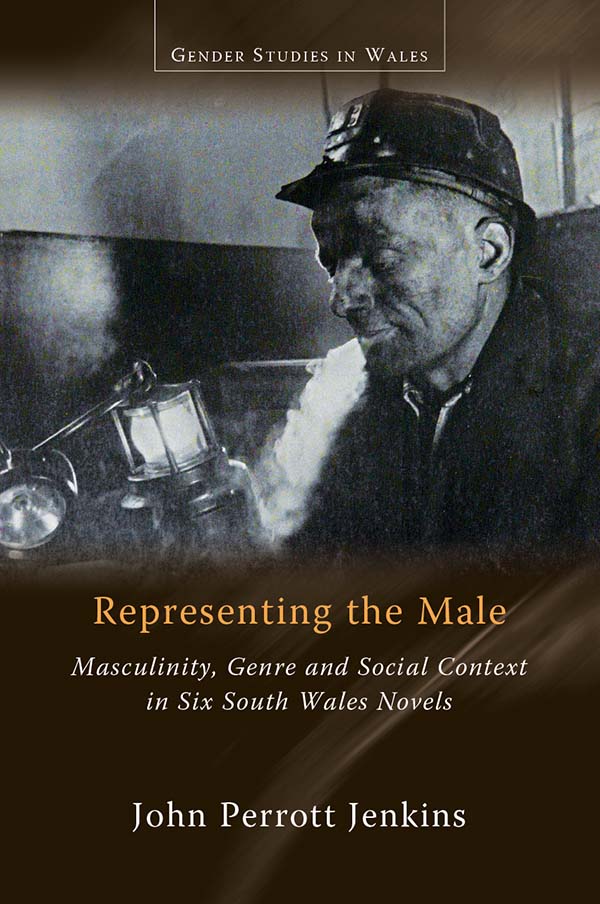Representing the Male
Masculinity, Genre and Social Context in Six South Wales Novels
Awdur(on) John Perrott Jenkins
Iaith: Saesneg
Dosbarthiad(au): Literary Criticism
Cyfres: Gender Studies in Wales
- Mehefin 2021 · 256 tudalen ·216x138mm
- · Clawr Meddal - 9781786837783
- · eLyfr - pdf - 9781786837790
- · eLyfr - epub - 9781786837806
Am y llyfr
Mae’r gyfrol yn dewis chwe chymeriad gwrywaidd mewn chwe nofel am dde Cymru a ysgrifennwyd rhwng 1936 a 2014 ac yn eu darllen yn fanwl o safbwynt rhywedd. Mae’n dadlau bod y nofelau’n beirniadu’r math o hegemoni gwrywaidd a ledaenir gan batriarchaeth strwythuredig ac sy’n gwasanaethu galwadau materol cyfalafiaeth ddiwydiannol. Maent yn dangos cymeriadau sydd yn aml wedi’u caethiwo i repertoire cyfyngedig o normau ymddygiadol a gefnogir yn ddiwylliannol fel arddangos pŵer, penderfyniad a hunanreolaeth, sy’n atal mynegi a meithrin yr hunan goddrychol. O fewn trefniadaeth gymdeithasol cyfalafiaeth ddiwydiannol, yn ymarferol dyw’r cymeriadau dosbarth gweithiol yn ddim mwy na llafurwyr hepgorol yn y gwaith, tra’u bod, yn ddamcaniaethol, yn cael statws pwysigion a gymeradwyir yn batriarchaidd yn y cartref. Mewn un cyd-destun maent yn ideolegol wasaidd, wedi’u ‘benyweiddio’, tra’u bod mewn cyd-destun arall yn ideolegol drechol, wedi’u ‘gwryweiddio’. Wrth iddynt negodi, gwrthsefyll neu geisio cysoni gofynion anghyson arferion rhyweiddedig o’r fath, daw patrymau cylchol o eithrio, annigonoldeb ac ansefydlogrwydd meddyliol i’r amlwg yn y modd y’u portreadir.
Cynnwys
Introduction
1. Dominant, Residual, Emergent: Forms and Formations of Male
Identity in Gwyn Jones’s Times Like These (1936)
2. Genre and the Tribulations of Masculinity in Lewis Jones’s
Cwmardy (1937)
3. Investigating Genre and Gender in Menna Gallie’s Strike for a Kingdom (1959)
4. Genre and the Embodied Male in Ron Berry’s So Long, Hector Bebb
(1970)
5. Patriarchy, Power and Politics: Masculinities in Roger Granelli’s
Dark Edge (1997) and Kit Habianic’s Until Our Blood is Dry (2014)
Conclusion
Bibliography


